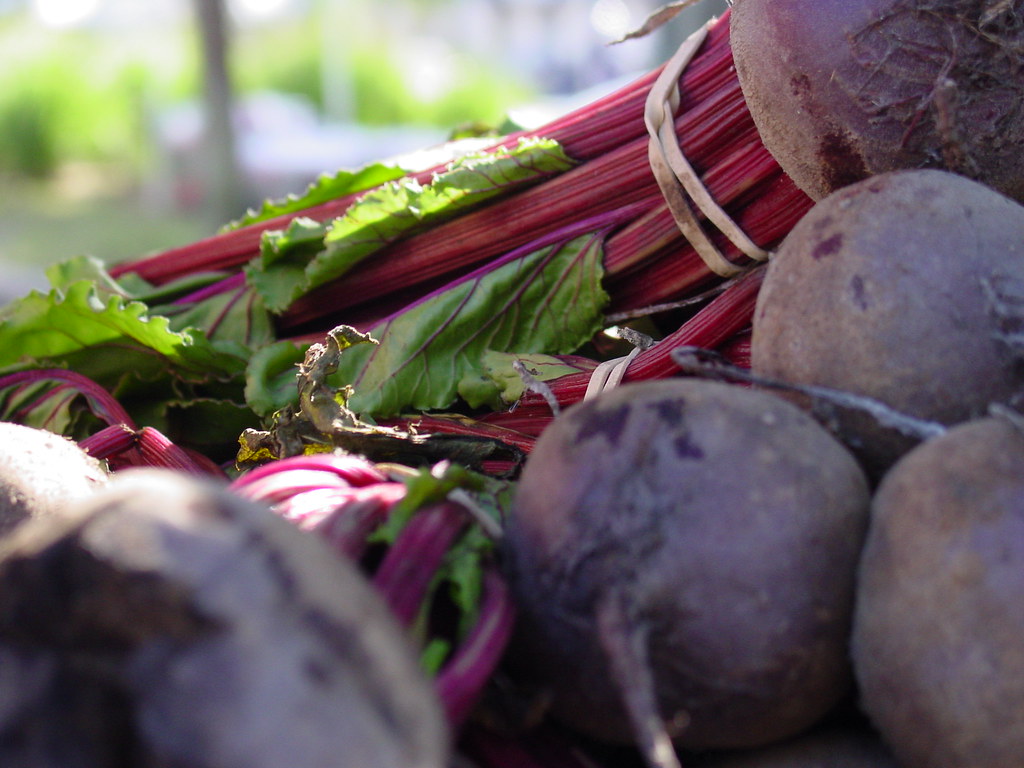Due to its numerous health advantages, beetroot juice has become more and more popular in recent years. In addition to being a fantastic source of vitamins and minerals, it also has significant concentrations of nitrates, which have been demonstrated to enhance athletic performance and decrease blood pressure. But a lot of people are interested in finding out how long beetroot juice lingers in the body and whether it has any long-term effects.
Your particular metabolism and the amount of beetroot juice you ingested are two variables that may affect how long beetroot juice lingers in your system. However, it typically takes 12 to 24 hours for your body to process and get rid of the nitrates in beetroot juice.
Beetroot juice contains nitrates, which when consumed turn into nitric oxide, which can enhance blood flow and reduce blood pressure. The extra nitric oxide is subsequently changed into nitrogen and other substances, which the body excretes through urination.
It’s crucial to remember that while drinking beetroot juice has immediate impacts, such as better athletic performance, the advantages of doing so over time are cumulative and may take several weeks to fully materialise.

How long after drinking beet juice will my poop be red?
Beeturia, a mild disorder that can make your urine and faeces reddish or pinkish, can be brought on by consuming beetroot juice. The amount of beetroot juice you drank and how quickly your digestive system moves food through can both effect how long it takes for beetroot juice to change the colour of your stools.
The normal time for beetroot juice to move through your digestive system and be eliminated from your body is between 12 and 24 hours. Therefore, within this time span, you might notice a red or pink discoloration in your stool.
It’s important to keep in mind, though, that not everyone who drinks beetroot juice develops beeturia, and the coloration’s strength can vary. Other elements, like as your diet, medications, and health conditions, may also have an impact on the colour of your faeces.
It’s always a good idea to talk to your doctor if you have any concerns about any changes in the colour of your stool. However, the red or pink colouring brought on by beeturia is typically harmless and will disappear after a few days.

What is the chemical in beets that causes the red colour?
The substance that gives beetroots their distinctive red colour is known as betalain. The roots and leaves of the beetroot plant, as well as other sections, contain the water-soluble pigments known as betalains. The red, purple, and yellow hues that are distinctive to various beetroot types are caused by these pigments.
The antioxidant and anti-inflammatory qualities of betalains, which also give beetroots their vivid colour, may have a variety of positive health effects. According to studies, betalains may help prevent chronic diseases like cancer and heart disease by lowering oxidative stress and inflammation in the body.
It’s crucial to remember that betalains are heat- and light-sensitive, so overcooking beetroots or placing them in direct sunlight might cause the pigments to disintegrate and lose their colour. It’s preferable to briefly roast beetroots or consume them raw in order to maximise the amount of betalain they contain. They should also be stored in a cool, dark area.
Do yellow beets cause any discolouration of urine?
The same water-soluble pigments that give beetroots their red colour, betalains, are also present in yellow beetroots, despite the latter being less prevalent than red beetroots. The pigments found in yellow beetroots are often a lighter shade of yellow or orange, and they have a smaller amount of betalains than red beetroots.
It’s likely that eating yellow beetroots could slightly stain your urine because betalains are present in them. Nevertheless, the degree of the discoloration will probably be less obvious than that brought on by consuming red beetroots.
It should be noted that beeturia, a harmless condition produced by eating beetroots, whether red or yellow, results in the colouring of urine. The presence of betalains in the body, which can be absorbed into the bloodstream and eliminated in the urine, is what causes beeturia. Although it can be unsettling to observe urine that is discoloured, beeturia is not a serious condition and usually goes away within a few days.

Do can other vegetables cause your urine or stool to can colour?
Yes, other veggies can also change the colour of your pee or faeces. Natural pigments found in some plants, like anthocyanins and chlorophyll, can change the colour of urine or faeces when taken in high quantities. Here are a few instances:
- Asparagus: In certain people, eating asparagus might give their urine a distinct odour and a greenish tint.
- Carrots: Eating a lot of carrots occasionally results in harmless orange-colored stools.
- Spinach: Consuming spinach or other leafy greens high in chlorophyll may occasionally result in green stools.
- Blueberries: Consuming a lot of blueberries or other anthocyanin-rich foods, including blackberries or beetroots, may occasionally result in blue or purple stools.
- Rhubarb: Due to the anthraquinones included in the vegetable, eating rhubarb occasionally results in a brownish-red staining of the urine.
The majority of the time, alterations in the colour of urine or faeces brought on by eating these veggies are temporary and harmless. However, it’s always a good idea to speak with your healthcare practitioner if you develop additional symptoms like abdominal pain, nausea, or diarrhoea.
Relevant Articles
Can You Put Alka-seltzer In Juice?
How To Remove Pulp From Juice?

Comments are closed